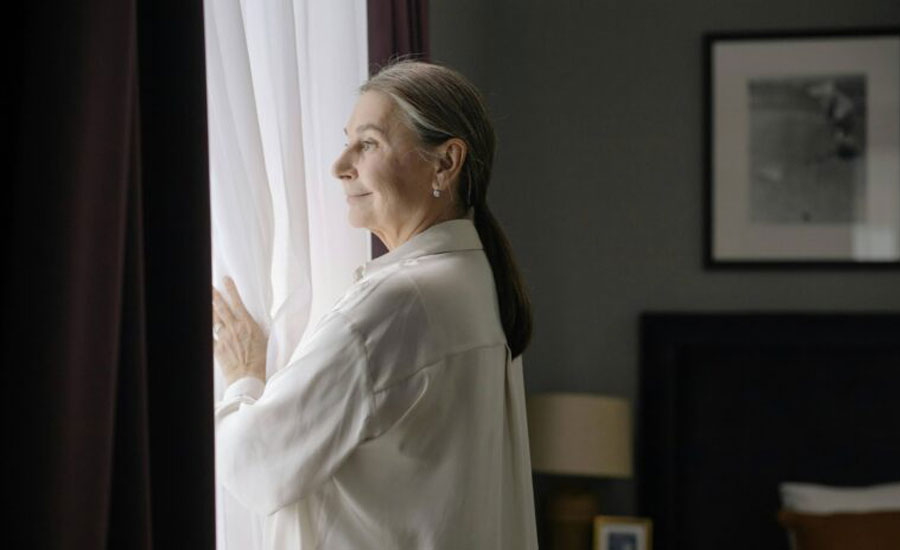Helping your loved ones living with dementia cope with sundowning

The clocks have sprung forward and the sun has started rising earlier and setting sooner. While that may bring joy to some of us, people living with dementia might find it difficult to deal with.
Dementia UK, a specialist dementia charity, has recognised this phenomenon as ‘sundowning’. At Anchorage care home, it is of utmost importance to us that our residents feel safe and comfortable at our home, and so we take extra care to keep their surroundings stable and familiar. We’d like to share some of our tips with you so that you, too, can support your loved ones experiencing sundowning.
But first, let’s understand the concept – What is ‘sundowning’?
Sundowning is a term used to describe common symptoms experienced by people living with dementia during dusk or in the evening in general. Sundowning can be caused by:
- Fatigue accumulated throughout the day
- Hunger, thirst or physical discomfort
- Change in light and routine which can cause confusion and anxiety
Sundowning can look different in different individuals. For example, some may feel lost or out of place, even at home or in familiar settings. Some might express this confusion through pacing, arguing or even shouting. Some people might insist on going home or completing forgotten tasks. This might sound challenging but sundowning can be easily dealt with.
Coping with sundowning:
- Distraction – Offer a comforting drink, snack, or change of scenery. Engage them in calming activities like music or a walk.
- Communication – Listen patiently to their concerns and validate their feelings. Speak calmly, slowly, and offer reassurance.
- Comfort – Provide them with comfort, this can be mental, emotional or physical. Offer to hold their hand or talk to them about it.
Preventing sundowning:
- Daytime activities – Engage them in enjoyable activities throughout the day while gently discouraging daytime naps to promote better sleep during the night.
- Light management – Dim the lights gradually as dusk approaches. Consider covering reflective surfaces like windows and mirrors.
- Smaller evening meals – Avoid heavy meals before bedtime.
- Limited stimulants – Avoid excessive stimulants like caffeine and alcohol, especially later in the day.
- Routine – Help them build a relaxing evening routine with familiar activities.
By understanding and managing sundowning, you can help your loved ones living with dementia feel safe and secure through this change.
If you’d like more information about sundowning, please visit https://www.dementiauk.org/information-and-support/health-advice/sundowning/
If you’re interested in learning more about how we manage such changes and provide personalised care for our residents, feel free to contact us on 01798 872779 or drop by our lovely home in Pulborough.
